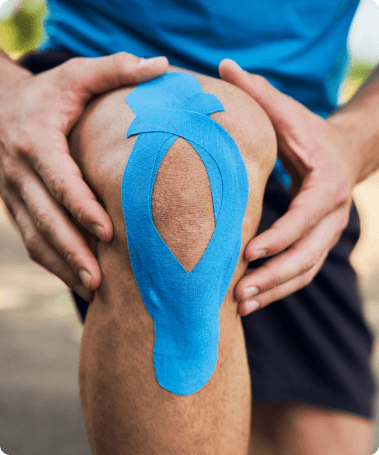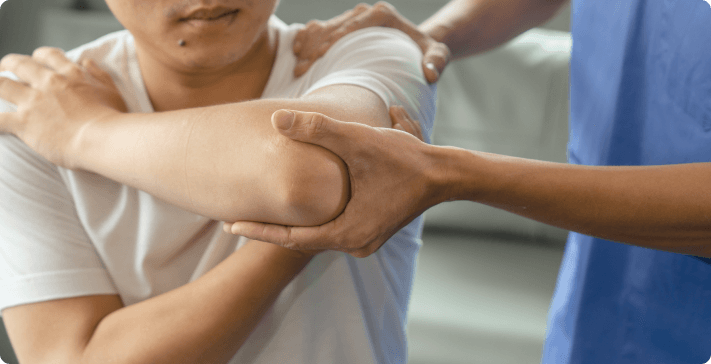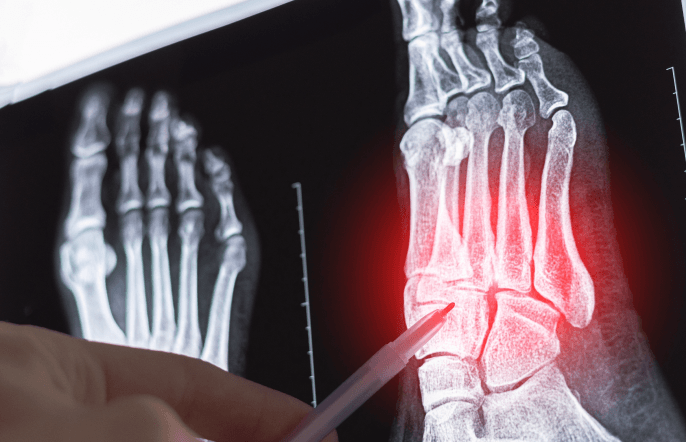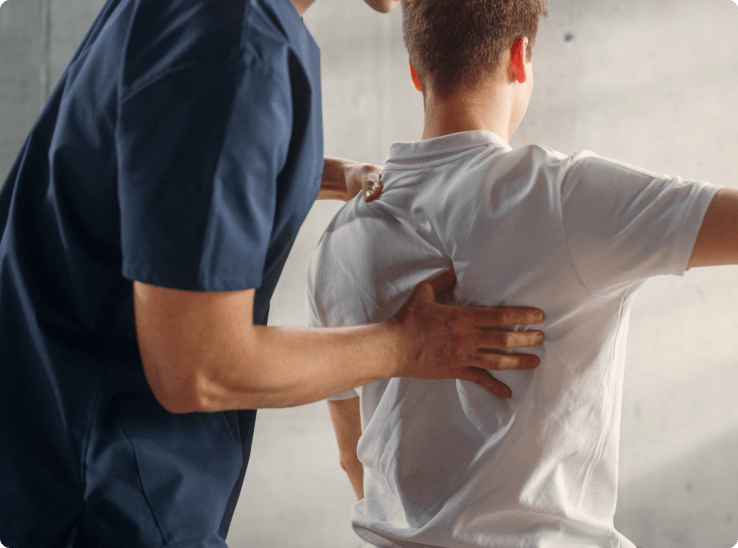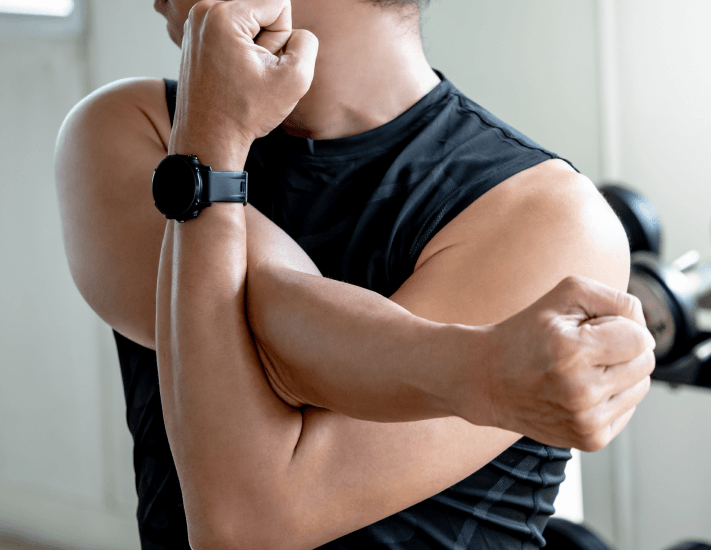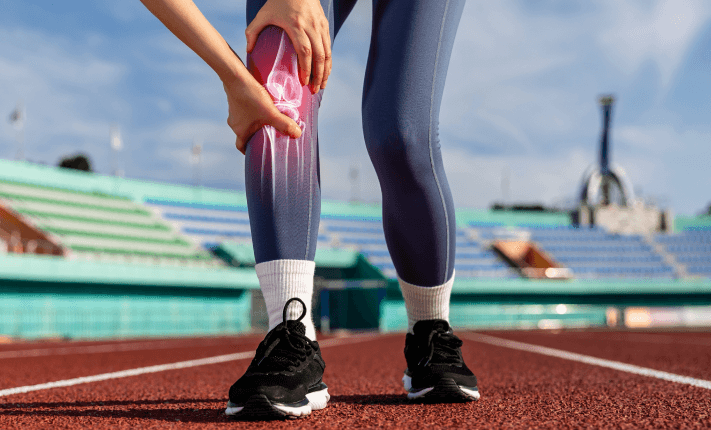What Are Sports Injuries?
Sports injuries refer to physical damage or trauma that occurs during athletic
activities or exercise. These injuries can range from minor strains and sprains to
severe fractures or dislocations.
While sports injuries are commonly associated with professional athletes, they can also
affect individuals engaging in recreational sports, fitness enthusiasts, and even
children participating in school activities.
Often, they are caused by overuse, improper training techniques, inadequate equipment,
or accidents. The impact of sports injuries can extend beyond physical discomfort,
potentially affecting one’s ability to continue pursuing their sport or maintain daily
routines.


